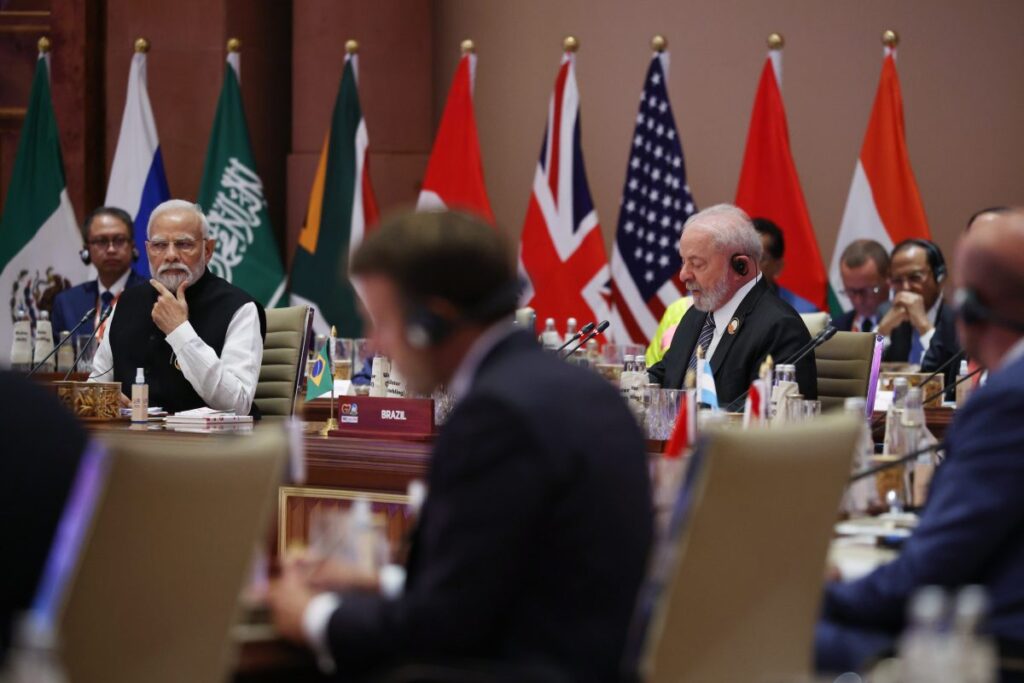The United States will not participate in the upcoming G20 summit in South Africa, President Donald Trump announced Friday, intensifying tensions between Washington and Pretoria over claims of discrimination against white farmers.
In a statement shared on his social media platform, Trump said no American officials, including Vice President JD Vance who had been slated to attend in his place, would represent the U.S. at the gathering of world leaders. The president described South Africa’s role as host as “a complete disgrace,” citing what he called ongoing “violence, death, and land seizures” targeting Afrikaner communities.
The decision marks a dramatic escalation in Trump’s rhetoric following his previous suggestion that South Africa should be removed from the G20 altogether.
South Africa rebuffs Trump’s claims
The South African government has firmly rejected the allegations. President Cyril Ramaphosa said he personally assured Trump that reports of systematic abuse and land seizures were “entirely untrue.” Officials in Pretoria expressed dismay at the U.S. decision, noting that white South Africans, despite representing a minority, continue to enjoy a higher standard of living than the Black majority more than three decades after apartheid’s end.
Diplomatic observers warn that the move could strain relations between the two nations and weaken cooperation within the G20, particularly on economic and climate policy initiatives where both countries play significant roles.
Growing pattern of diplomatic friction
The boycott follows a series of clashes between the Trump administration and South African officials in recent months. Earlier this year, Secretary of State Marco Rubio skipped the G20 foreign ministers’ meeting in protest over what Washington called an “ideologically biased agenda” centered on diversity and climate change.
The administration has also invoked South Africa’s situation in its refugee policy, with Trump previously arguing that most of the U.S.’s reduced annual refugee intake of 7,500 should consist of white South Africans “fleeing discrimination.”
Analysts say the decision to boycott the summit underscores the administration’s continued break from traditional U.S. diplomacy, replacing multilateral engagement with sharp, ideologically driven disputes.


